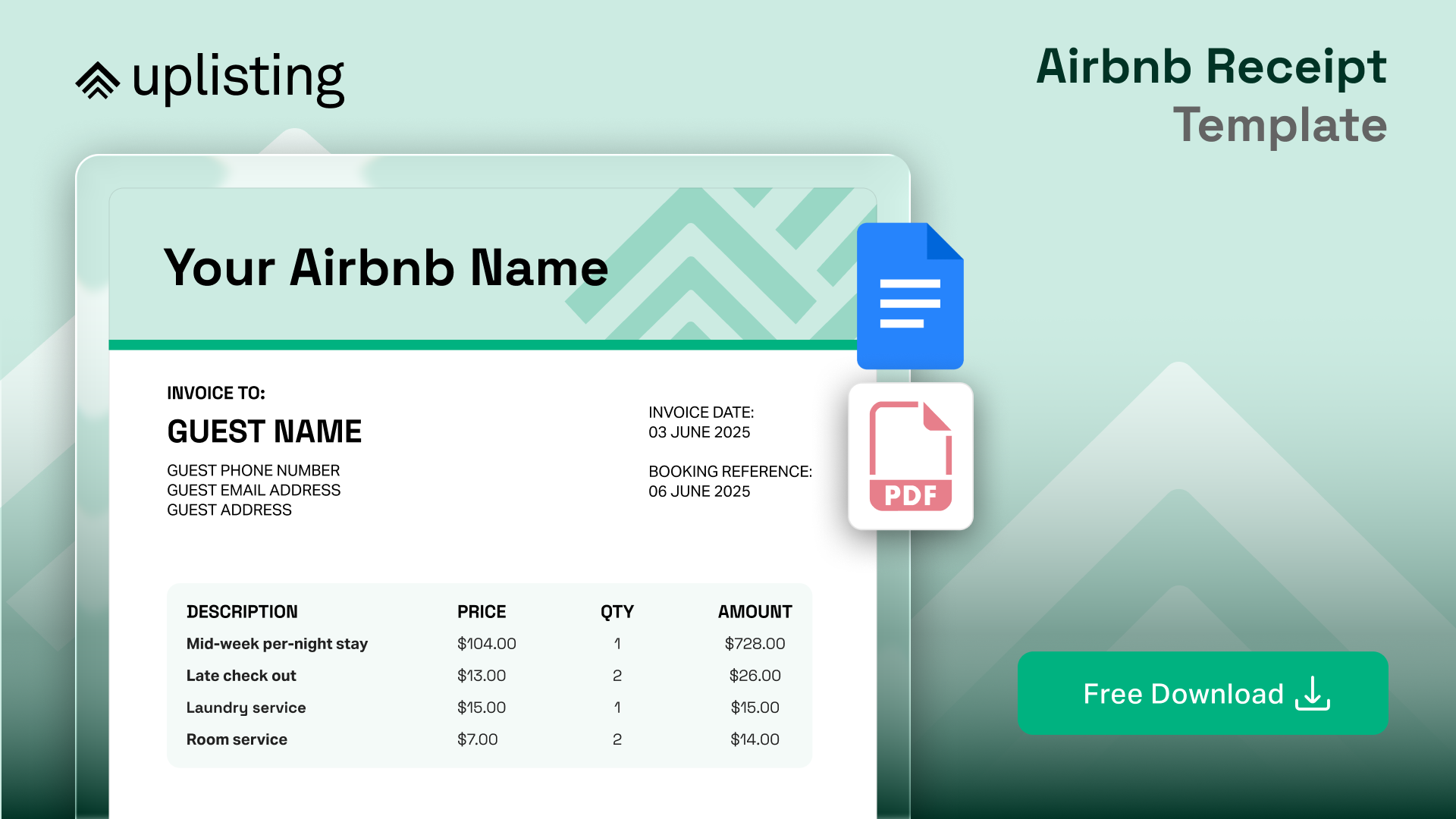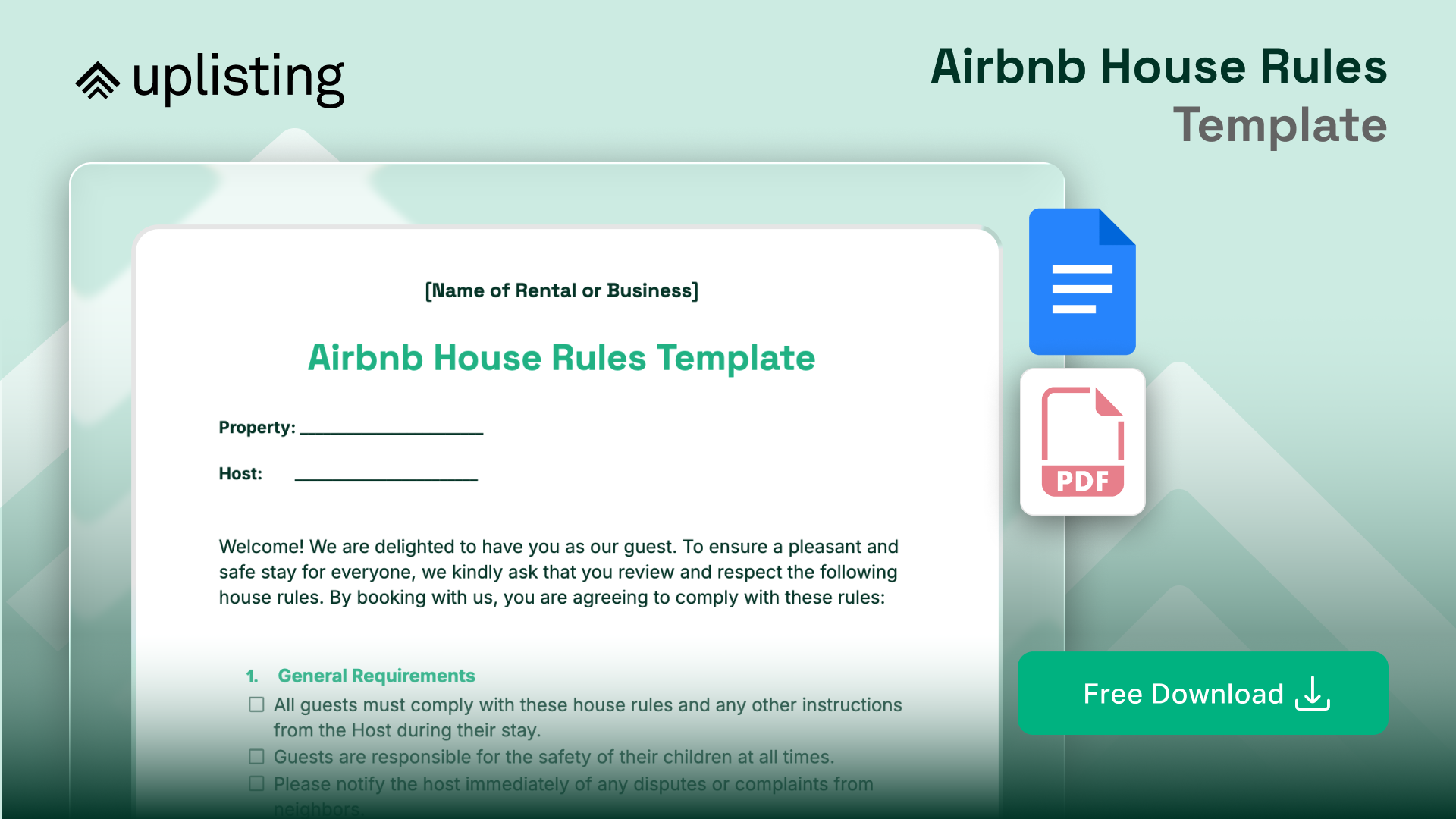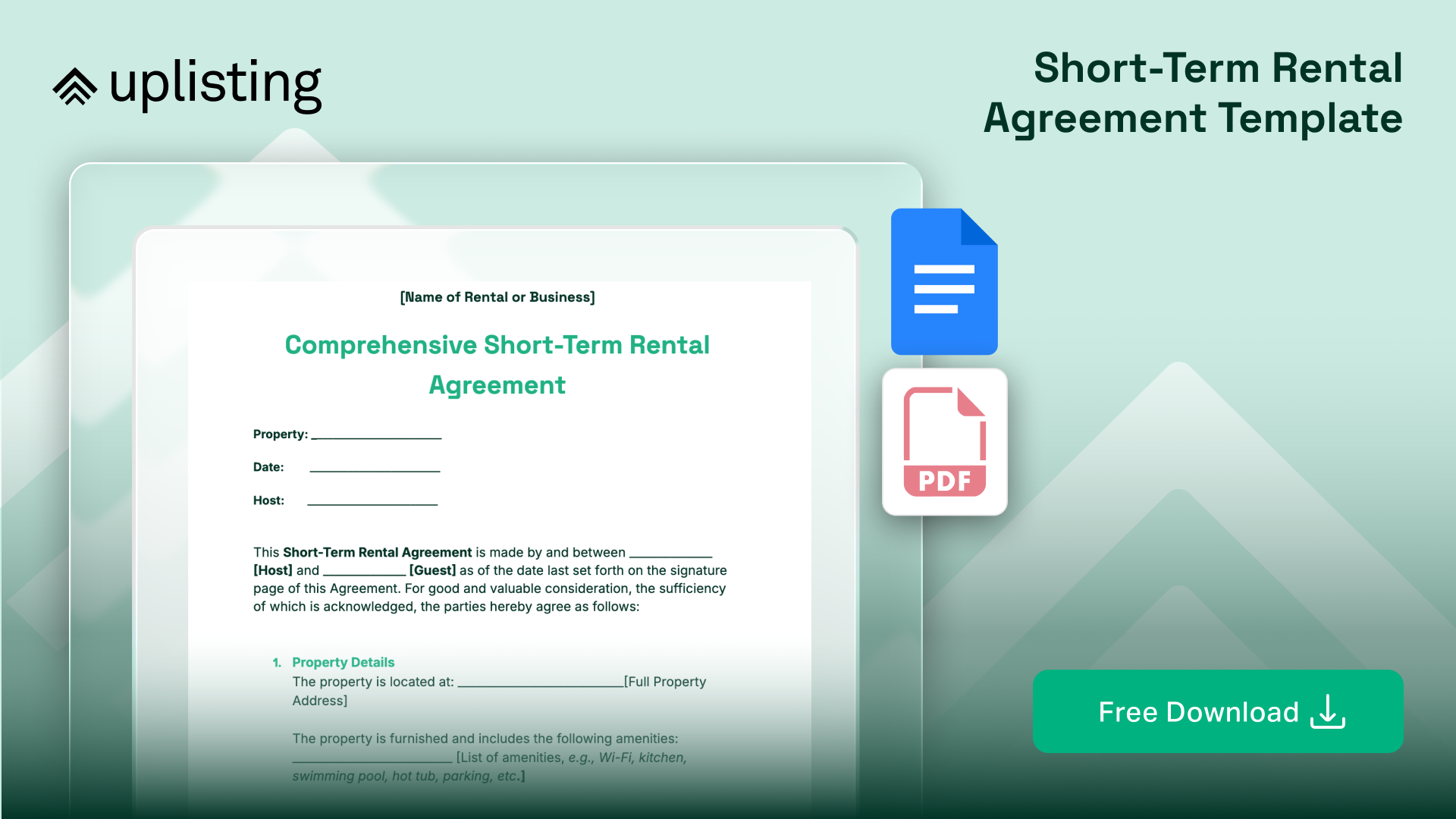We were raised to care for our homes and maintain the spaces in which we live. Whether it belongs to us or to others, this consideration is ingrained into us from a young age.
So why is it that some guests do exactly the opposite?
The unfortunate truth of the tourism industry is that some guests are just inconsiderate. Either that, or they have different views of what constitutes appropriate behaviour when staying in someone else’s residence.
So instead of leaving on good terms, as most guests do, these rare but ever-so-frustrating visitors decide to throw you a curveball. A filthy, frustrating, tangled mess of a curve ball.
But there are ways of dealing with that.
In this post, we deal with the most frustrating challenges that short-term rental property managers have to face, as well as potential solutions for dealing with them.
Late checkout
This issue may seem deceptively minor to those who don’t work in the tourism industry. After all, what harm is there in leaving fifteen minutes - even an hour later?
Plenty.
The busier your property is, the more valuable the time gap between bookings gets. You might only have a couple of hours before your next guest arrives.
In that time, your team has to inspect the unit, reset the security system, refill all the consumables, sweep, mop, and wipe the unit down, change the sheets, and so much more. Even the best professional cleaning crews will need time to get into the property and do a thorough job.
A late checkout disrupts this finely-tuned schedule. It forces you to make compromises when you can’t really afford to.
So what can you do?
One of the best and most non-confrontational ways of dealing with this problem is clearly communicating your checkout time to your guests.
Don’t just put this message in one place. People won’t see it. Display it in as many places as possible: in your property details, in your booking confirmation email… Heck, create a laminated sign and nail it to the wall (seriously).
Automated messaging can remind guests of their checkout times at several different points of their stay. These messages can be templatised, and can be personalized with dynamic fields that update with every guest’s unique information.
You can even turn late checkouts into a revenue opportunity. There are two solutions that we have a direct connection with that can help with this: DACK and Wishbox. Both are guest experience platforms that offer property managers the ability to charge for and upsell early or late checkouts. Both apps integrate with Uplisting and are an effective way of controlling the guest experience and increasing revenue at the same time.
If the guest still chooses to ignore these friendly warnings (and there are those who will), there are alternatives.
The chances of you being able to successfully fine a guest after they leave is zero-to-nil, but you can require them to pay a deposit. And if they don’t check out on time, they don’t get it back (or you charge them a portion of the deposit as a clearly defined late check-out fee).
The automated messaging system we mentioned earlier could also be linked to payment deposits to a) acknowledge that it has been received and b) advise that the security deposit would be withheld should there be any problems during checkout.
Guests don’t clean up
One of the primary differences between a traditional hotel and a short-term rental property is that in the latter case, guests don’t often have housecleaning dropping by every morning.
This kind of arrangement carries some additional responsibility on the part of the guest. The guest has an implicit duty to behave themselves, and to expect to have to share at least some of the burden of maintaining cleanliness and order.
Instead, some guests think that paying a rental fee means that they don’t have to contribute any effort to upkeep and cleanup whatsoever. Or worse, take it as an opportunity to cause mayhem that they would never perform in their own homes.
Frustration level here ranges from minor (turning on the dishwasher) to apoplectic (trash and spoiled food everywhere).
So what can you do?
First thing you should do is to create a checkout procedure cheat sheet for your guest. Send it along when you remind them about their checkout time, and post it in a prominent location on your property.
Also, make sure that you’re not asking the guests to do too much work. Especially when they’re paying a cleaning fee.
Some good things to include in a turnover checklist are:
- Putting all bed sheets, linens, and towels in a single location
- Removing all non-condiment food items from the refrigerator
- All trash in the bin
- Turning off all lights and appliances
These are relatively low-effort but make it easier for your team to clean up after them.
You can also use better tools to help make your cleaning crews more effective. With Uplisting, you can take advantage of an automated turnover scheduler that can help both you and your cleaners track, manage, and monitor cleaning tasks. Every new booking automatically generates a corresponding changeover event.
If you’re concerned about whether or not your crew can clean up after the guest in a timely manner (especially if the guest was extra trashy), the app Properly allows cleaners to take and upload photos of their work so you can assess how well it was done - even from a distance.
Stolen or damaged property
Some people simply have no respect for other people’s property. This is an understated but constant risk of short-term rental, and there are few things you can do about it as a property manager if you’re not in the location watching their every move--especially if you have dozens of properties on your portfolio.
Incidents can range from minor, such as a missing towel or a broken plate, to throwing a party and totally trashing your rental property.
So what can you do?
The first thing you absolutely must do is get insurance coverage.
Regular residential property insurance isn’t going to cut it. If you’re renting your property to guests, you are required to get renter’s insurance. There are many insurance providers that have policies specifically to protect short-term rental property owners.
Then, make sure you document everything that exists in the property, with plenty of photos. Create as much of a paper trail as possible so that you can supply the insurance adjuster with sufficient evidence of damage or theft.
This is also another area where a deposit can help. If the deposit is significant enough, the guest may not want to risk not getting their deposit back. But, on the other hand, if the guest is booking with mischief in mind, they might not care about getting it back.
An eSigned rental agreement would be an effective deterrent for all but the most malicious actors. In it, all of the terms of their stay would be clearly laid out for review. By signing the document, they are committing themselves to acting responsibly and you will have a paper trail in the event documentation is needed.
Also remember that you’re also able to review guests, just as they can review you. While it may not be as effective in resolving the current situation as some of the other tips we mentioned, it can forewarn other short term property managers about the risks of renting to this particular individual.
The final word
While these incidents do occur on occasion, for the most part short-term rental guests are wonderful people who are just out to have a relaxing stay. But fortune favors the prepared, and it’s best to have these measures set up in advance in the event these inconvenient guests show up at one of your properties.
Besides which, many of the measures we mentioned above have other uses that also benefit the majority of your guests that are more well-behaved - and, by extension, your own company as well.

















.png)

